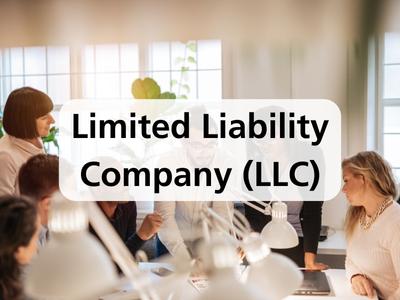Understanding the Concept of a Limited Liability Company (LLC) in Singapore

Different Types of Limited Liability Companies
Private Limited Company
A private limited company is a business that has 50 or fewer members. The company’s shares don’t trade on public markets, and its shareholders can be individual or corporate entities. To signify its private status, the company’s name typically ends with ‘Private Limited’ or ‘Pte Ltd’.
Exempt Private Limited Company (EPC)
An EPC is a unique type of private limited company with fewer than 20 shareholders and should not have any corporate shareholders. The term ‘exempt’ in its name signifies that these companies are exempted from certain regulatory requirements, such as the annual audit. EPCs also enjoy a tax exemption for their initial three consecutive Years of Assessment (YA).
Public Company
A public company in Singapore comes in two forms:
- Public Company Limited by Shares: This refers to businesses with more than 50 shareholders, and their shares freely trade on a public stock exchange. They are named followed by “Ltd.”
- Public Company Limited by Guarantee: Typically formed by entities involved in non-profit activities like charities, religious trusts, trade unions, and professional bodies, these companies don’t have shareholders. Instead, they are owned by members who, in the event of dissolving the company, are liable to contribute an amount specified in the company’s Memorandum of Association. Such contribution corresponds to their share of company assets.


